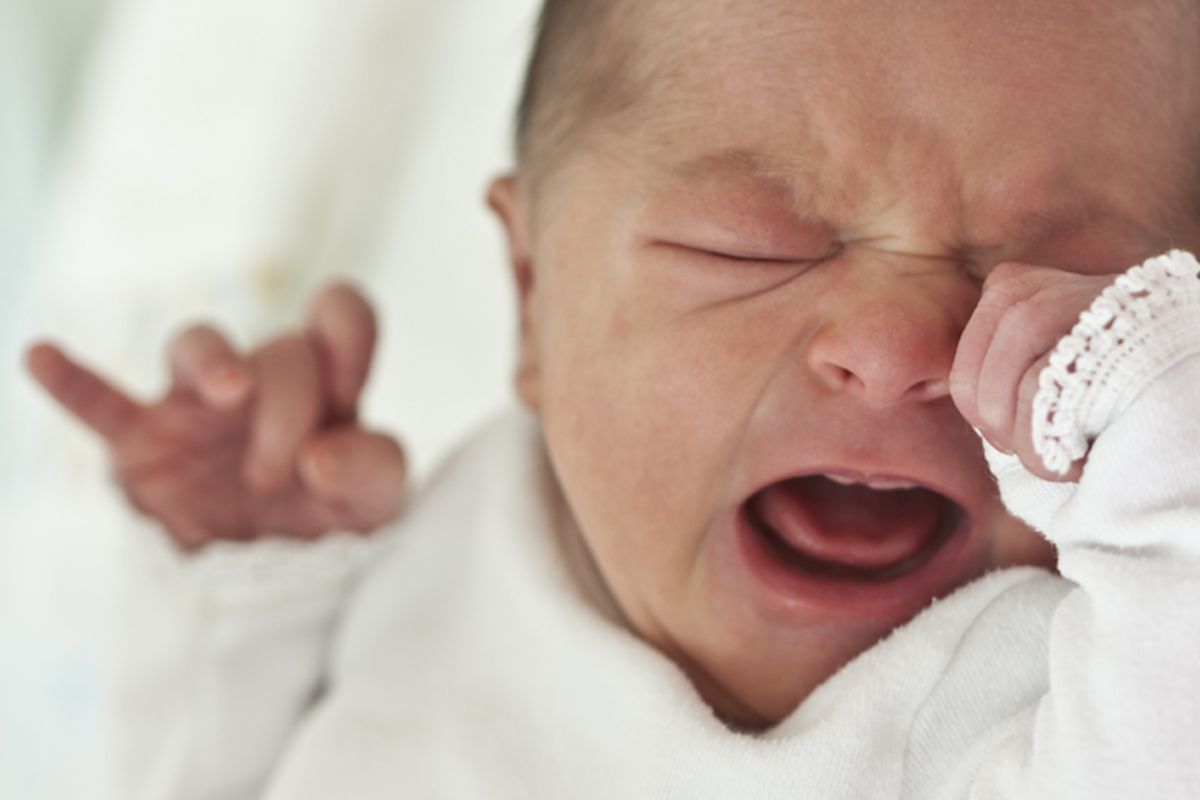A new study on parental stress and child development found that parents struggling with anxiety, depression or other stresses are often less able to read and interpret their children's needs, and that this emotional disconnect may have long-term consequences for a child's development.
Researchers at Ireland's Trinity College interviewed the parents of 11,000 9-month-old babies, following up with two subsequent interviews with these parents and children over a five-year period. Looking at a range of development milestones such as crawling and grasping items and social skills such as cooperation and communication, researchers found that the children of stressed parents -- parents who often struggled to read and interpret their children's needs -- experienced delays in these areas.
While household income or whether a child was raised in a single or two-parent household had no bearing on how the average 9-month-old developed, parental pressure related to financial deprivation and inadequate support were found to take a toll on children.
"These findings show that, even from a very young age, the sensitivity that parents show when interacting with their babies is important for their development," report co-author Elizabeth Nixon said of the study.
"What matters is relationship and interactions between the family. Obviously, if families are in economic difficulty, it does have an impact but children can be protected," she continued. "You don't need money to have a good relationship and lots of positive, stimulating reactions."

Shares